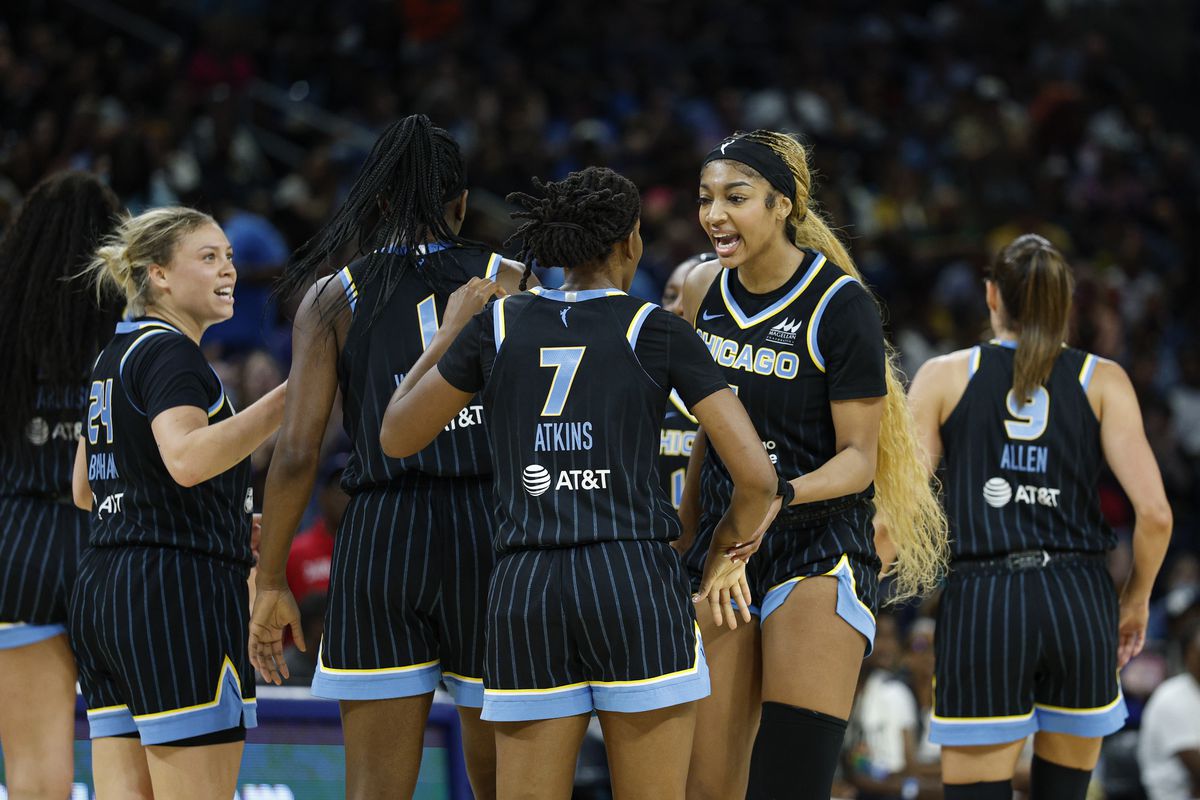Concussion And Injury Concerns Force World Rugby To Introduce New Tackling Laws

With the concern around player welfare continuing to grow, World Rugby has taken steps to make the game safer by introducing new tackling laws.
Under the proposed laws, which are set to be trialled around the world in the coming years, tackling would be limited to waist-height or lower, and referees will be able to warn players over the technique.
According to World Rugby, tackling is the cause of 50 per cent of all injuries in the sport and 76 per cent of all concussions.
“World Rugby is unwavering in its commitment to ensuring rugby is as simple and safe to play as possible for all,” World Rugby chairperson, Sir Bill Beaumont said.
“While injury incidence in the sport is not increasing and concussion incidence is decreasing, we can and must do more to reduce injuries at all levels.
“This is an important milestone on that journey.”
The change was one of six proposed new laws that will be trialled by World Rugby and, if successful, will be implemented before the 2023 Rugby World Cup in France.
The proposed rules come at a time when Rugby in New Zealand is experiencing an “alarming” fall in youth player numbers according to a report commissioned by New Zealand Rugby.
Peter Gall, who co-authored the independent report into secondary schools rugby, says although the game is booming among schoolgirls, the report discovered that boys were increasingly turning to sports such as basketball and football.
“The numbers of boys playing the game at secondary school is trending downwards at an alarming rate, especially considering the overall secondary school roll has been steadily increasing,” he said.
Figures from School Sport NZ show the number of schoolboy rugby players have declined from 25,841 in 2014 to 21,532 in 2018, a fall of 17%.
Over the same period, basketball’s popularity surged 41% from 13,130 to 18,498.
In Auckland, the number of secondary school rugby teams fell from 225 to 181 between 2013 and 2018, a trend Gall said was echoed nationwide.
The report pointed to a range of reasons for the decline, including the “fragmented and confusing” structure of schoolboy competitions, a lack of qualified coaches and concern over the physical nature of the game.
In response to the report, New Zealand Rugby has appointed a secondary schools manager and is formulating a new structure to oversee how the game is run.
Gall said one benefit of maintaining a healthy schoolboy rugby scene was the conveyor belt of talent for the All Blacks and other New Zealand teams.
He concluded “rugby’s still a big sport and has a large following, it’s not like it’s going to fall over.
Latest News



What's Next
It's free to join the team!
Join the most engaged community in the Sports Business World.
Get all the latest news, insights, data, education and event updates.



